The signal date of St Patrick’s Day has passed with no proper start to spring tillage work. Growers are hanging their hopes on an improved forecast for the weekend and beyond.
While the south and east had little rain and ploughing was possible, ground conditions are still too wet for spring bean or cereal planting.
Further north and to the west, conditions remain too wet to make a start on any field work, with bouts of heavy rain in recent days.
Where machinery can travel, application of the first split of nitrogen on winter cereals remains a priority. Crops, particularly the most forward winter barley, continue to show signs of hunger and need feeding to encourage tillering. Cold nights are further delaying herbicide applications on winter cereals.
Early potatoes
The window is narrowing for the planting of early potatoes. The focus is now moving to planting early maincrops. Attempts to harvest the remainder of last year’s potato crop continue, but quality is now questionable.
Beet harvesting has dragged on, with feeding demand increasing. Similarly, straw demand is rising, with sheds slowly emptying as farmers ensure they have enough for whatever weather comes in April. Some farmers see value and are buying for next winter.
Coronavirus impact
The immediate concern of the coronavirus on tillage farms is the impact to supply of inputs. Many growers are awaiting delivery of seed and fertiliser or have yet to place an order.
Suppliers have assured growers that the supply of materials into the country shouldn’t be disrupted. However, precautions are being taken to minimise or eliminate personal contact. This includes respecting social distancing between delivery staff on-farm or yard staff where provisions are being collected, and finding alternative methods of delivery verification.
Some have placed temporary limits on orders of inputs such as fuel to ensure all farms have enough for the short-term.




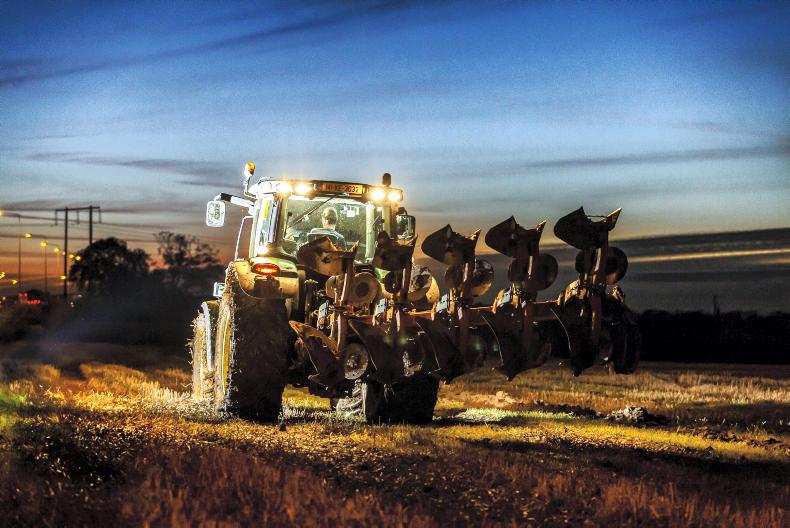
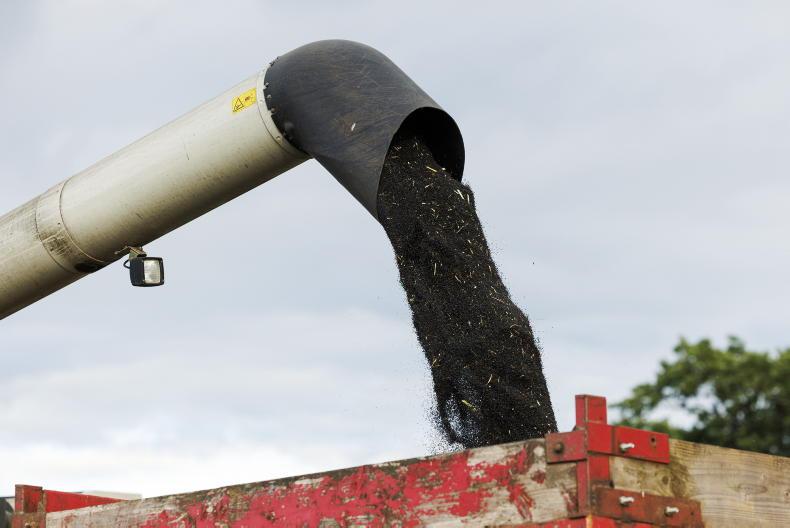

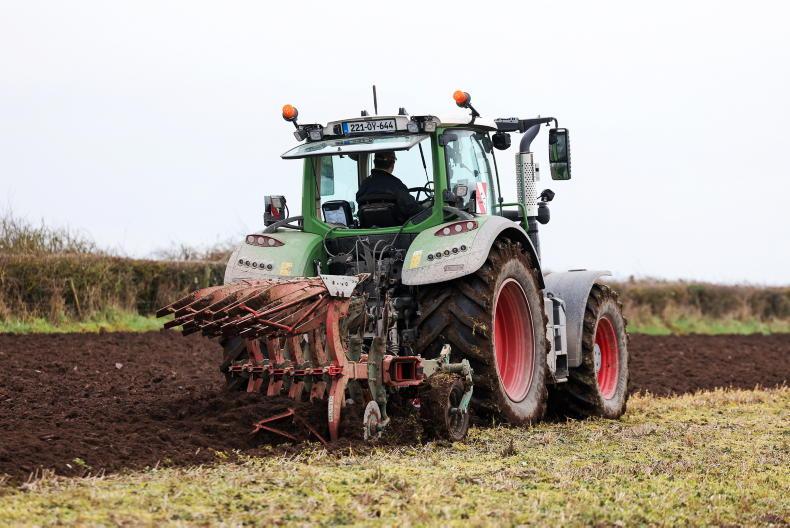
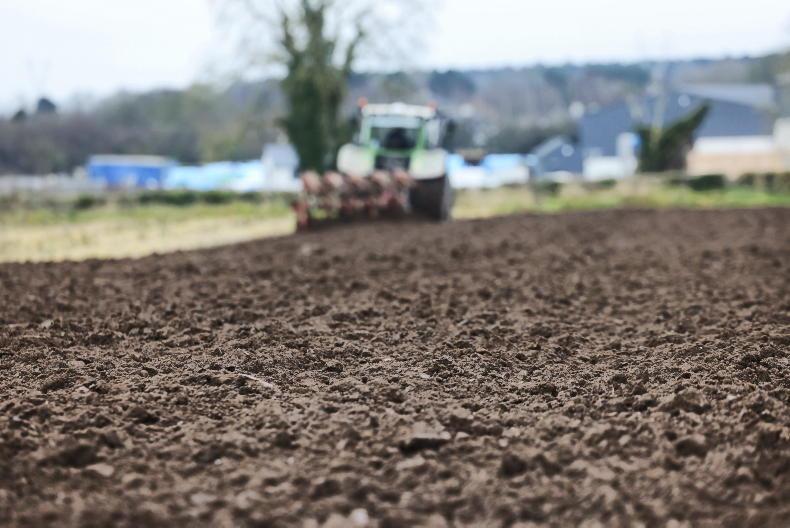
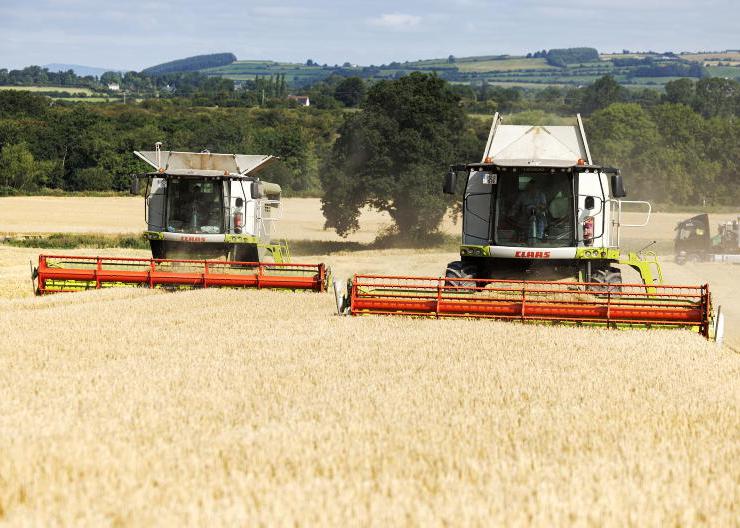
SHARING OPTIONS